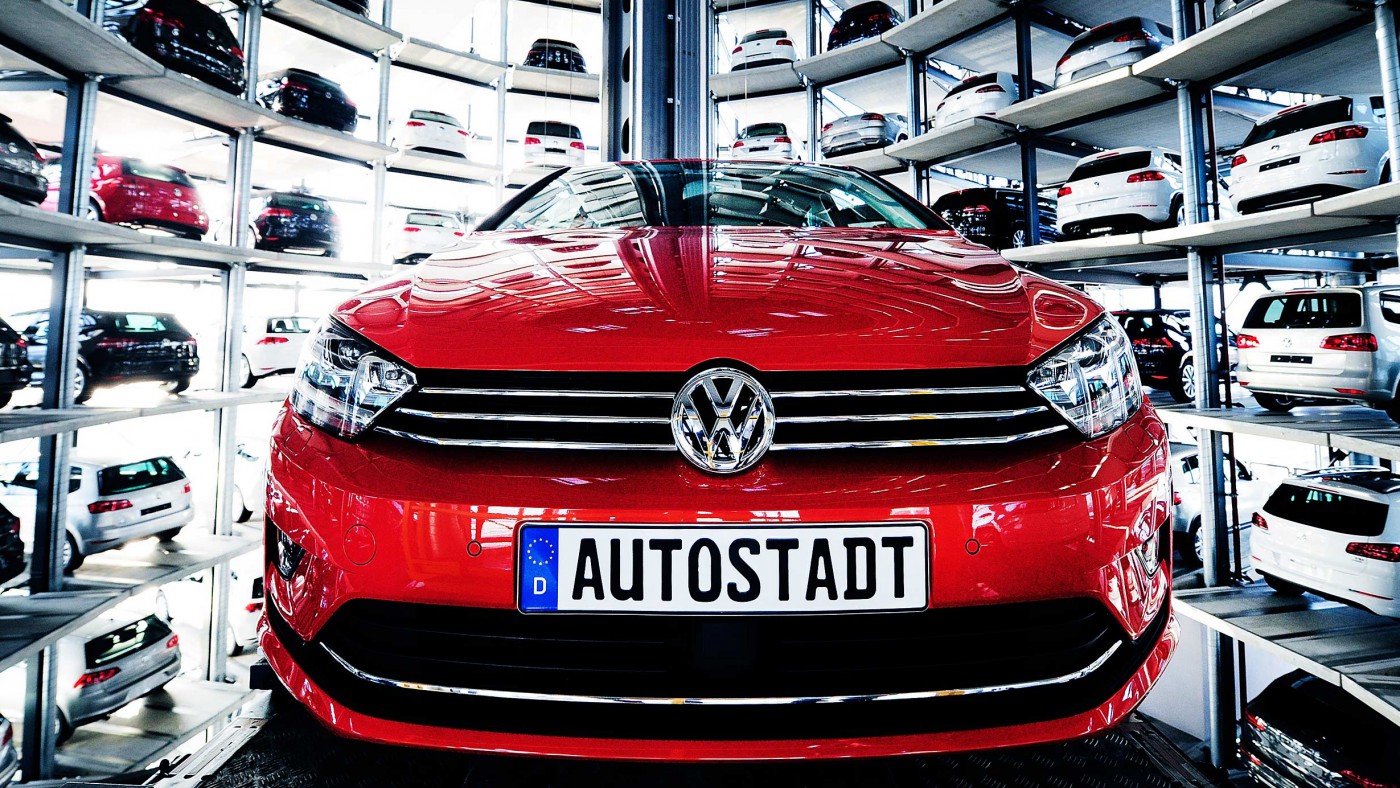The corporate scandal engulfing the German car company Volkswagen just got worse. The latest news is that the company has now admitted that 11 million cars worldwide are fitted with pollution cheating software. US regulators are pursuing the company and the firm’s senior executives have apologised. “We screwed up,” is the message from Volkswagen, which has set aside a whopping £4.7 billion to cover the likely costs.
That will not be the end of it. If it turns out that the diesel models involved came with in-built green hypocrisy and fully-fitted eco cheating, then an epic corporate scandal is in the making. If pollution targets have been smashed and consumers in countries such as the UK, where half of all new cars bought are diesel, think they have been had, imagine the legal cases and the bill for compensation.
The Wall Street Journal has a good Q&A on the detail of the US investigation:
“Volkswagen’s software ensures that cars meet emissions standards in the laboratory or testing station, but during normal operation they emit nitrogen oxides, or NOx, at up to 40 times the standard, the EPA says.”
Now, the company’s problems stretch far beyond North America.
What is most curious about the alleged behaviour of such a reputable company is that since the financial crisis there has been a constant flow of reminders about the ultimate consequences of poor ethical behaviour, sharp practice and management blindness.
Let he who is without sin cast the first stone and all that, but this is about more than the simple notion that executives should ask themselves how something will look on the front page of the newspapers if it becomes public, although the deterrent effect in a free society remains a compellingly powerful force. This scandal is worse, because the company stands accused of deliberately attempting to mislead under the cover of rhetoric about saving the planet and fuel efficiency. This is basic. The customer, it seems, was not sold what they thought they had bought. What on earth did the company think they were doing?
The banking crisis, and the criticism made by opponents of capitalism following the meltdown of 2008, presented those who believe in markets with a challenge and an opportunity to prove that capitalism is not a racket run for the benefit of an elite out to stitch up their fellow citizens. Of course, there will never be perfection because businesses are run by human beings, and the duty of companies is to make money, for without profit there are ultimately no jobs, no investment and no prosperity. Most companies do behave properly in pursuit of profit, but once again a mega-company has gifted the enemies of markets a free pass.


